Iraq children tortured for alleged IS ties: HRW
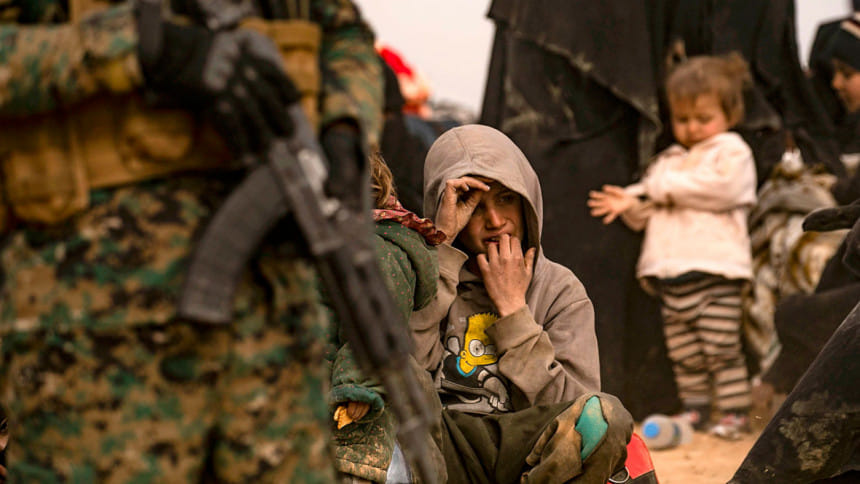
Iraqi authorities are prosecuting children suspected of ties to the Islamic State group in a "deeply flawed" process, using flimsy accusations or confessions obtained through torture, Human Rights Watch said today.
The rights group's extensive report was based on interviews with 29 Iraqi children who are current or former detainees in the Kurdish Regional Government, as well as relatives, prison guards, and judicial sources.
Iraq announced it defeated IS in late 2017, but has continued to try men, women, and children, including foreigners, accused of belonging to the group.
"The screening, investigation, and prosecution of children as IS suspects by Iraqi and KRG authorities is deeply flawed, often leading to arbitrary detention and unfair trials," HRW wrote.
It found many boys were arrested from camps or checkpoints based on weak evidence.
They were beaten, subject to electric shocks, denied access to relatives or legal representation, and coerced into admitting IS membership even if they had never joined the jihadists, it said.
"They were beating me all over my body with plastic pipes. First they said I should say I was with IS, so I agreed," said a 14-year-old held by the KRG's Asayish police.
While IS did widely recruit and indoctrinate children, having some carry out executions, most of those interviewed by HRW said they never fought with the group.
They were tried without lawyers, in hearings that lasted no more than ten minutes and were conducted in Kurdish, a language the Arabic-speaking boys could not understand.
Sentences in the KRG were between six and nine months.
'Blind vengeance'
Federal courts, meanwhile, sentenced children to up to 15 years in jail, often in overcrowded prisons alongside adults, in violation of international standards.
"Every day was torture. We were beaten every day, all of us," said a 17-year-old who served nine months in a federal prison.
Even after their release, the boys do not return home out of fear of re-arrest or retribution by their communities.
"Other tribes in the village suffered from IS and see my family as IS," said Fawaz, 16, who opted to live in a camp instead of return home after his release.
"Once they know I'm in the village, they will come and take me."
HRW estimated that at the end of 2018, Iraqi and KRG authorities were detaining approximately 1,500 children for alleged IS affiliation.
Hundreds of children, including at least 185 foreigners, have already been convicted on terrorism charges.
HRW said Iraq's federal and KRG governments should stop arresting children for IS membership and release all minors, unless they are accused of violent crimes.
"Iraq and the KRG's harsh treatment of children looks more like blind vengeance than justice for IS crimes," said HRW's children's rights director Jo Becker.
"Children involved in armed conflicts are entitled to rehabilitation and reintegration, not torture and prison."

 For all latest news, follow The Daily Star's Google News channel.
For all latest news, follow The Daily Star's Google News channel. 

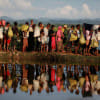
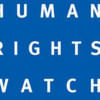
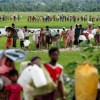
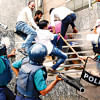
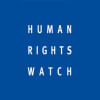


Comments